Alexandra
FIGUEROA, Ph.D.
I am a Postdoctoral Scholar in Racial Equity at University of California Berkeley, Haas School of Business. I primarily study organizational values and how such topics are influenced by individual and organization-level moral systems.
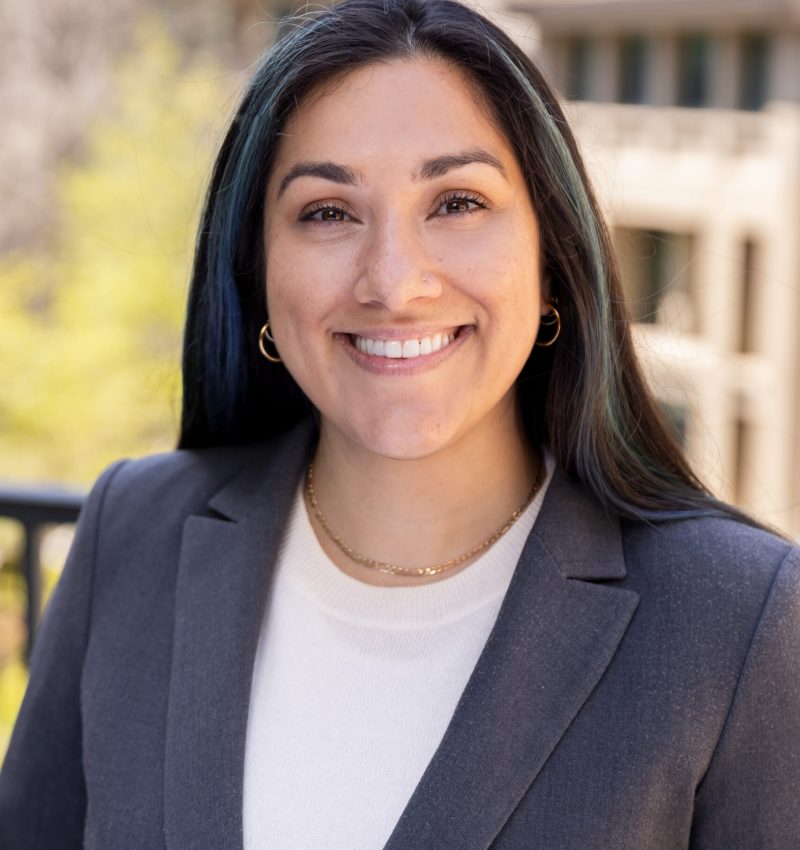

Research Spotlight
#Bluebloods: 'Work Family' and Overcommitment Pressures in American Policing
Alexandra Figueroa, Jared Poole
This article explores the family language in organizations. Although family metaphors are pervasive in modern organizational cultures, we have little theoretical or empirical understanding of why or how they emerge and what their subsequent functions are. We call this phenomenon workplace fictive kinship – a workplace culture that encourages familial language, roles, and expectations among coworkers or professional associates who share no legal or biological ties. To investigate the purpose and function of workplace fictive kinship, we conduct an empirical investigation into its use in one particularly visible context: American policing. Finally, we organize our findings into theoretical explanations that surface how employees see the development, function, and outcomes related to workplace fictive kinship. Our discoveries lend important insight to theories of organizational culture and its relationship to workplace overcommitment behaviors.
Buckets under a Leaky Roof...
Alexandra Figueroa, Merrick Osborne, Sa-kiera Hudson
Hierarchies permeate our working lives via manufactured inequality that is not always visible. Merging bodies of work that identify and describe systems of oppression, we develop a framework that illuminates the cascading influence of such socio-historical factors on organizational processes. We integrate sociological, institutional, and systems psychodynamics theories to document how arbitrary hierarchies influence everything from how organizations form to interpersonal interactions. The literatures converge on a single, sobering logic: because organizations are embedded in—and seek legitimacy from—their broader socio-historical contexts, the same arbitrary hierarchies that stratify societies are naturally imported into organizational life. In doing so, we clarify the most appropriate applications of common terminology used to describe the experiences of disadvantaged groups (e.g., discrimination, marginalization, minoritization). Specifically, we redirect scholars’ usage of the term “microaggressions” away from the subtlety of the microaggression (which has been the focus of past research in this topic) to highlight their origin in – and maintenance of – hegemonic organizational power structures. We then utilize this framework to generate recommendations to help organizational leaders “stop the leak” or ameliorate the influence of hegemonic hierarchies in their workplace.
GALLERY

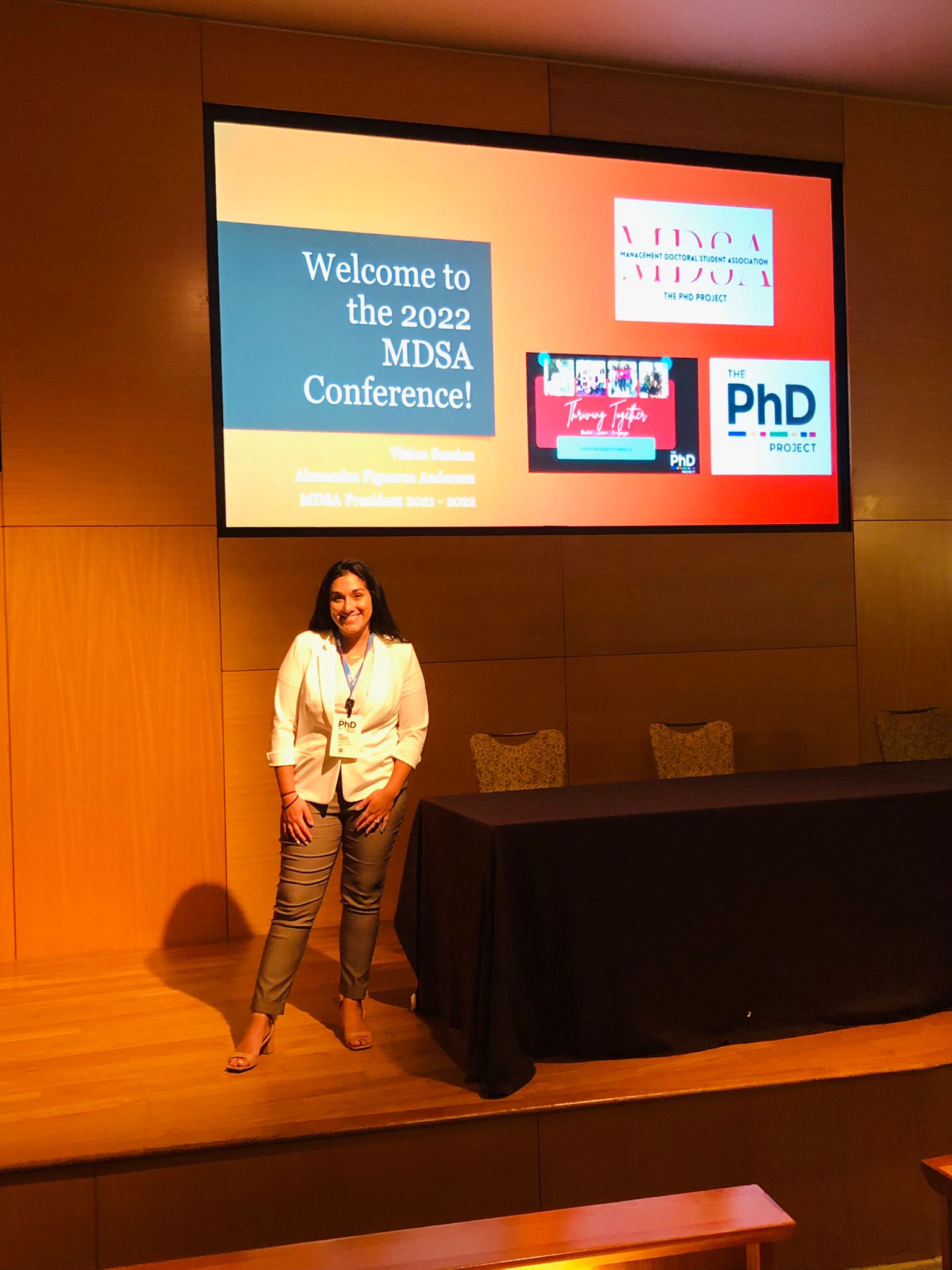
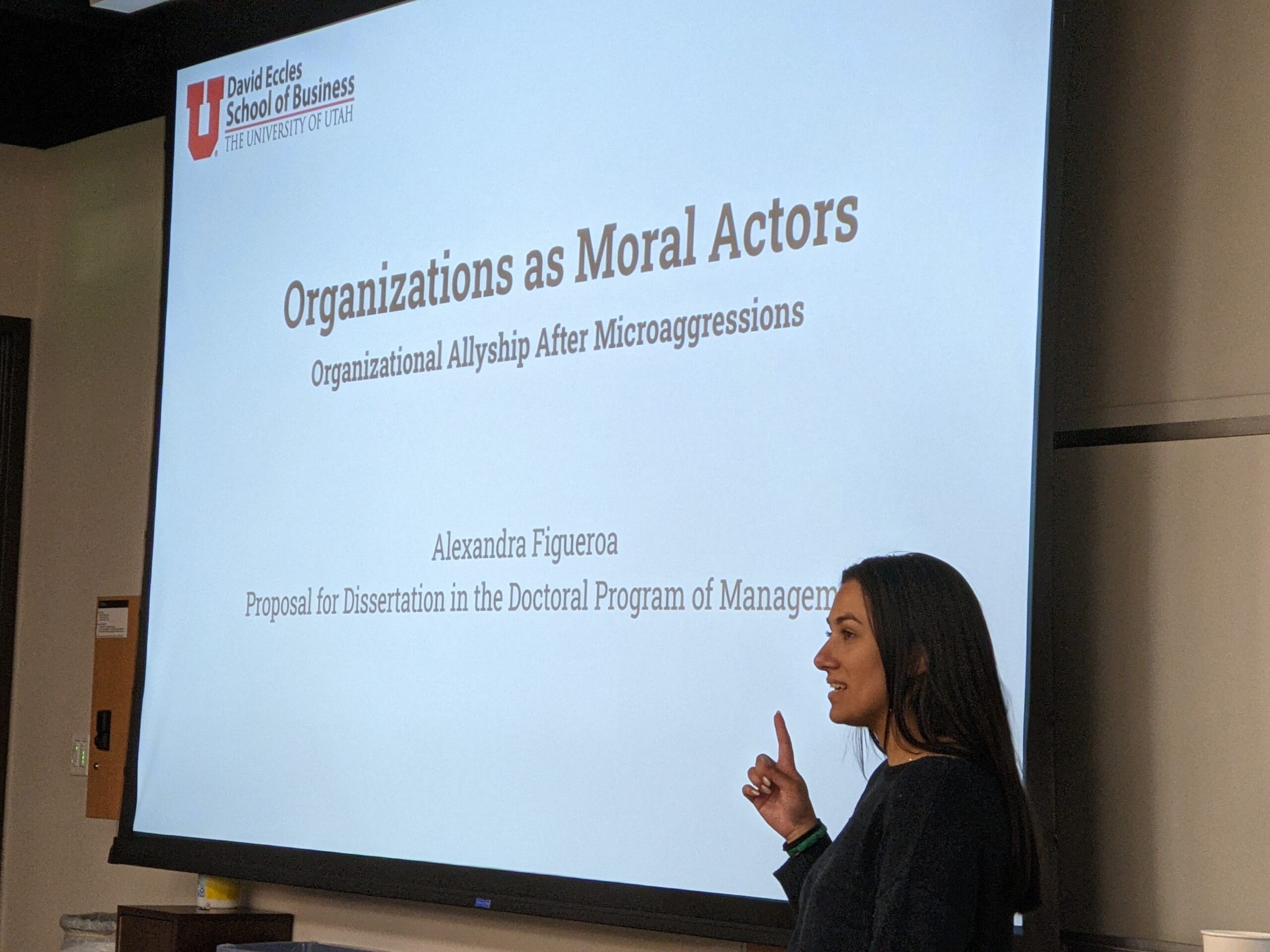


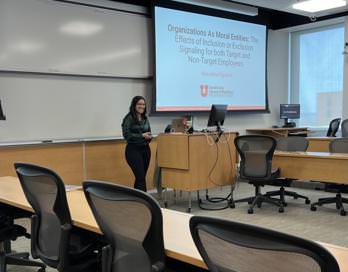

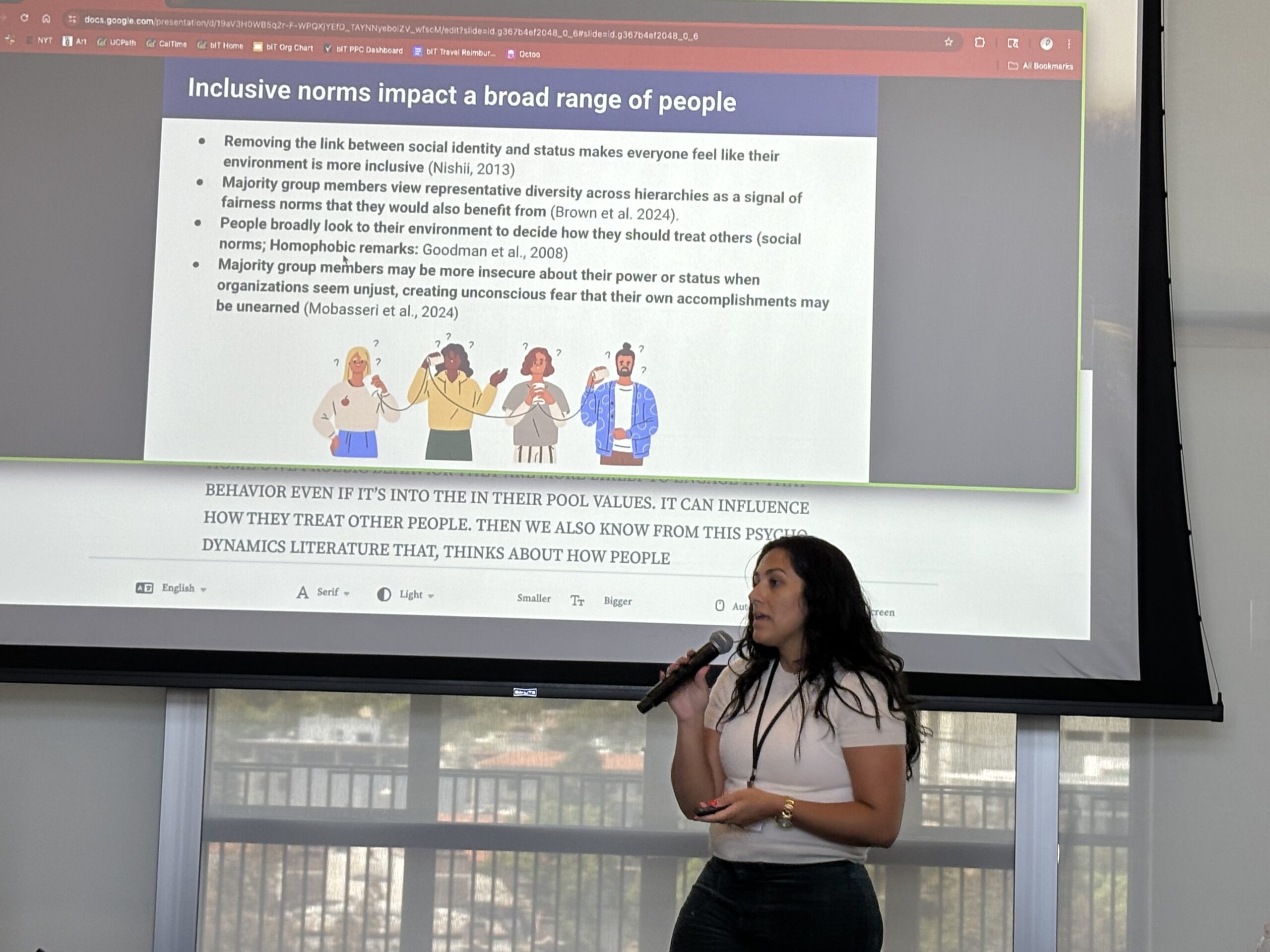
About Alexandra Figueroa, Ph.D.
I am a Postdoctoral Scholar in Racial Equity at University of California Berkeley, Haas School of Business. Currently, I study the inclusion of marginalized populations in organizations, and how such topics are influenced by individual and organization-level moral systems.